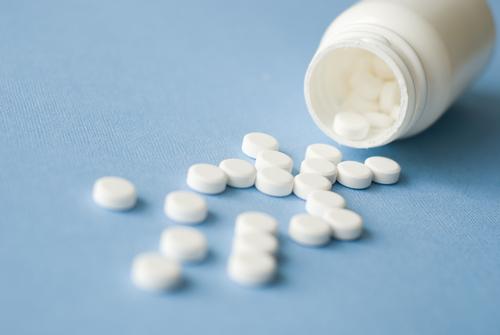Be a cool science geek. Learning these seven facts will make you sound really knowledgeable.
Epoch Times has picked some of the most interesting questions from Reddit’s “Ask a Scientist” thread and researched to find the answers.
1.Why are bodies of water (such as lakes or ponds) calmer at night?
At night, it is less windy along the surface of the water because of a change in temperature. During the day, the sun makes the surrounding land warmer than the water. The temperature difference creates wind. At night, the land cools to the same temperature as the water and the wind is not created.

Image of still water via Shutterstock
2. Has medical research ever tried to develop the placebo effect as a treatment?
Ted Kaptchuk at Harvard Medical School is studying how placebo treatments could work—without deceiving patients, which is a major concern for such treatment.
In a 2010 study, he found that patients who were told they were being given a placebo (and that placebo treatments can help) showed as much improvement as patients treated with real medicine. It seems the placebo treatment still works even when the patient knows it’s a placebo.
Kaptchuk looks at the way in which treatment is administered—the environment, the doctor’s manner, and other such factors related to how “cared for” the patient feels.
In the 1970s, researchers also found that placebos spurred chemical responses in the brain with similar effects to drugs. It’s about finding how to stimulate the brain into a response that has the same effect as the placebo.

Image of pills via Shutterstock
3. Why do healing wounds become itchy?
Skin itches in general for two reasons. The first reason is mechanical: nerves alert you when a bug is walking on your skin, for example, so you can swat it away—a natural reaction to protect yourself. The second is chemical: some substances are harmful to your skin; your nerves alert you so you can wipe it off.
When a wound is healing, histamine is released by platelets along with immune cells. Histamine widens the blood vessels so the healing substances from your body can make it to the wound easier. Though it helps the healing process, histamine is also an irritant; it triggers the type of itch caused by chemicals.

Image of a wound via Shutterstock
4. Why is it that batteries don’t work as well in the cold?
In a battery, a chemical reaction generates electrons to supply the power current. When the temperature is lower, the chemical reaction is slower. It may get to the point that the battery cannot generate enough of a current to keep up with the demand of the device.

Image of batteries via Shutterstock
5. Are the vegetables in my fridge still alive?
Yes, they are, according to research from Rice University and the University of California at Davis. Biologist Janet Braam, lead researcher in the 2013 research, explained in an interview with Rice University media: “Vegetables and fruits don’t die the moment they are harvested. … They respond to their environment for days, and we found we could use light to coax them to make more cancer-fighting antioxidants at certain times of day.”

Image of vegetables via Shutterstock
6. Does putting your hands around your mouth make you scream louder?
Using your hands as a funnel can direct all of the sound waves toward your listener without allowing the waves to scatter and bounce all over the place.

Image of man yelling via Shutterstock
7. Why does water have no taste?
“Because you don’t have taste receptors for it. There wouldn’t be much point in having them, since your mouth is nearly always full of water,” explained Uberhobo on Reddit.

Image of child drinking water via Shutterstock
MORE:





